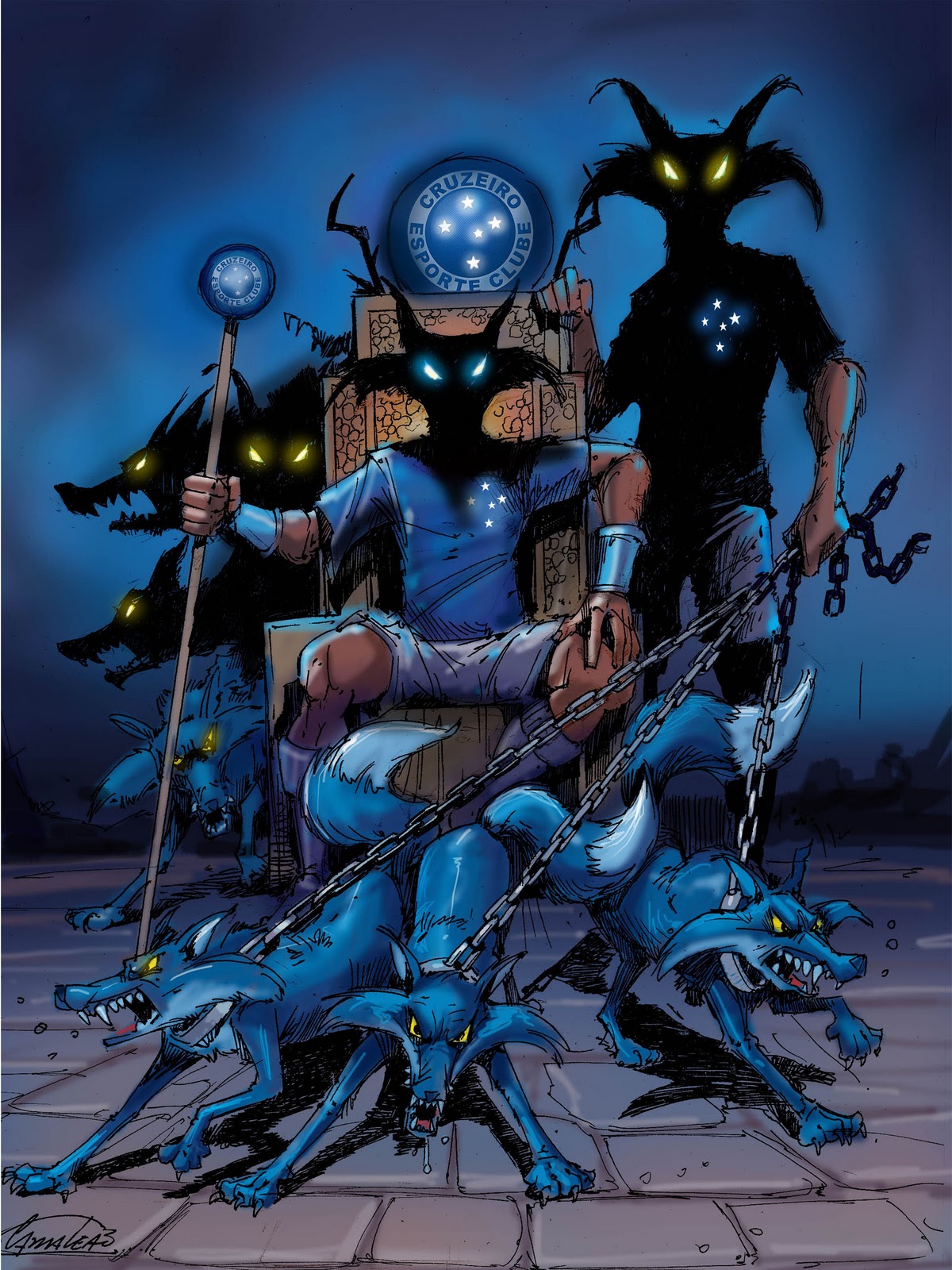La Bestia Negra, also known as the "Black Beast," is a term that has garnered attention due to its association with the perilous journey of migrants through Central America. This term encapsulates the numerous challenges and dangers faced by those seeking a better life in the United States. In this article, we will explore the meaning behind La Bestia Negra, the socioeconomic factors driving migration, and the harrowing experiences that many endure while traversing this treacherous path.
Understanding La Bestia Negra requires delving into the complexities of migration, crime, and the human spirit. This article aims to provide a comprehensive overview of this phenomenon, emphasizing the importance of empathy and awareness in addressing the underlying issues that lead to such desperate journeys. As we navigate through the various aspects of La Bestia Negra, we will also highlight the resilience of those who embark on this dangerous trek.
Join us as we unravel the layers of La Bestia Negra, shedding light on the stories of individuals who bravely confront the dark realities of migration. By the end of this article, you will gain a deeper understanding of the factors at play and the human experiences intertwined with this term.
Table of Contents
- What is La Bestia Negra?
- Socioeconomic Factors Driving Migration
- The Journey: Risks and Challenges
- The Humanitarian Crisis
- Personal Stories of Migrants
- The Role of Organizations in Providing Aid
- The Impact on Communities
- Conclusion
What is La Bestia Negra?
La Bestia Negra refers to the infamous freight trains that many migrants use as a means of transportation while traveling through Central America towards the United States. These trains, often referred to as "La Bestia" or "The Beast," are notoriously dangerous, presenting a myriad of risks including accidents, robberies, and assaults.
This term also symbolizes the broader challenges faced by individuals on this journey. It encapsulates the fear, desperation, and hope that migrants experience as they navigate through hostile environments and uncertain futures.
Socioeconomic Factors Driving Migration
The reasons behind migration towards the United States are deeply rooted in socioeconomic issues. Some of the primary factors include:
- Poverty: High levels of poverty in countries like Guatemala, El Salvador, and Honduras push individuals to seek better opportunities.
- Violence: Gang violence and crime rates in these countries create an unsafe living environment, prompting many to flee.
- Political Instability: Corruption and lack of effective governance lead to disillusionment among citizens.
- Lack of Education: Limited access to education and job opportunities further exacerbates the cycle of poverty.
The Journey: Risks and Challenges
The journey through Central America to the U.S. is fraught with danger. Migrants face numerous risks, including:
- Physical Assault: Many migrants are vulnerable to violence from gangs and criminals.
- Injuries: Traveling on top of moving trains can result in severe injuries or even death.
- Extortion: Criminal organizations often target migrants for extortion, demanding money in exchange for safe passage.
- Harsh Conditions: Migrants endure extreme weather conditions, lack of food, and insufficient water supply.
The Humanitarian Crisis
The situation surrounding La Bestia Negra has escalated into a humanitarian crisis. Thousands of migrants, including women and children, embark on this treacherous journey each year. The international community has recognized the urgency of addressing this crisis, which has been compounded by the COVID-19 pandemic and natural disasters.
Organizations such as the United Nations and various NGOs are working tirelessly to provide aid and support to those in need. However, the scale of the crisis often overwhelms available resources.
Personal Stories of Migrants
To truly understand La Bestia Negra, it is essential to hear the personal stories of those who have experienced this journey firsthand. Here are a few poignant accounts:
- Maria, a single mother: Maria fled violence in her hometown, hoping to provide a better life for her children.
- Javier, a young man: Javier sought work in the U.S. to escape the cycle of poverty gripping his family.
- Lucia, a teenager: Lucia embarked on the journey after her brother was murdered by gangs, fearing for her own safety.
The Role of Organizations in Providing Aid
Numerous organizations are dedicated to assisting migrants on their perilous journeys. These organizations provide crucial support, including:
- Shelters: Safe spaces for migrants to rest and recuperate.
- Food and Water: Essential supplies to sustain those on the move.
- Legal Assistance: Help navigating immigration laws and processes.
- Medical Care: Addressing health issues that arise during the journey.
The Impact on Communities
The migration crisis has far-reaching implications for both sending and receiving communities. Key impacts include:
- Family Separation: Many families are torn apart as members seek safety and opportunity abroad.
- Community Change: Migration can alter the demographic and economic landscape of communities.
- Increased Tensions: Host communities may experience strain due to the influx of migrants.
Conclusion
La Bestia Negra represents more than just a perilous journey; it embodies the struggles and hopes of countless individuals seeking a better life. As we reflect on the challenges faced by migrants, it is essential to foster empathy and understanding. We must advocate for policies that address the root causes of migration and support humanitarian efforts aimed at assisting those in need.
We encourage our readers to share their thoughts in the comments below and engage in discussions surrounding this critical issue. Your voice matters!
Sources
For further information, consider exploring the following resources:
- United Nations High Commissioner for Refugees (UNHCR)
- Human Rights Watch Reports on Migrant Rights
- Local NGOs working on the ground in Central America
Thank you for reading! We hope you found this article informative and insightful. Please feel free to return for more articles that shed light on pressing global issues.




